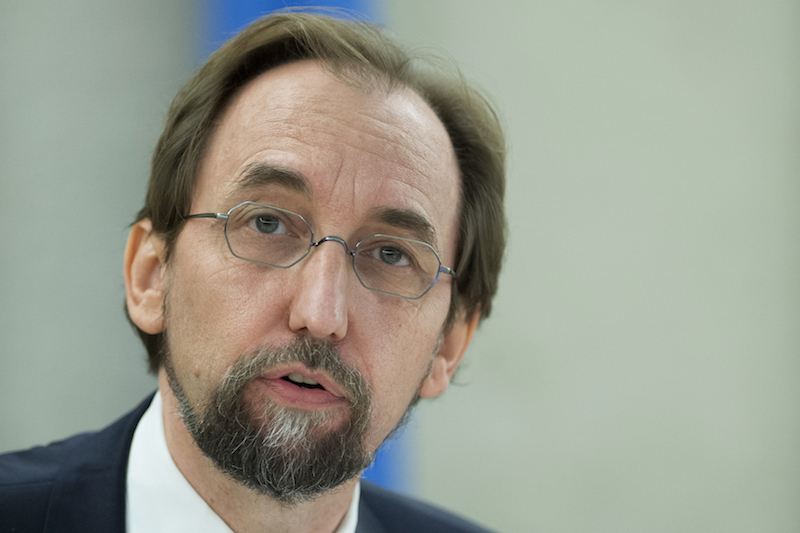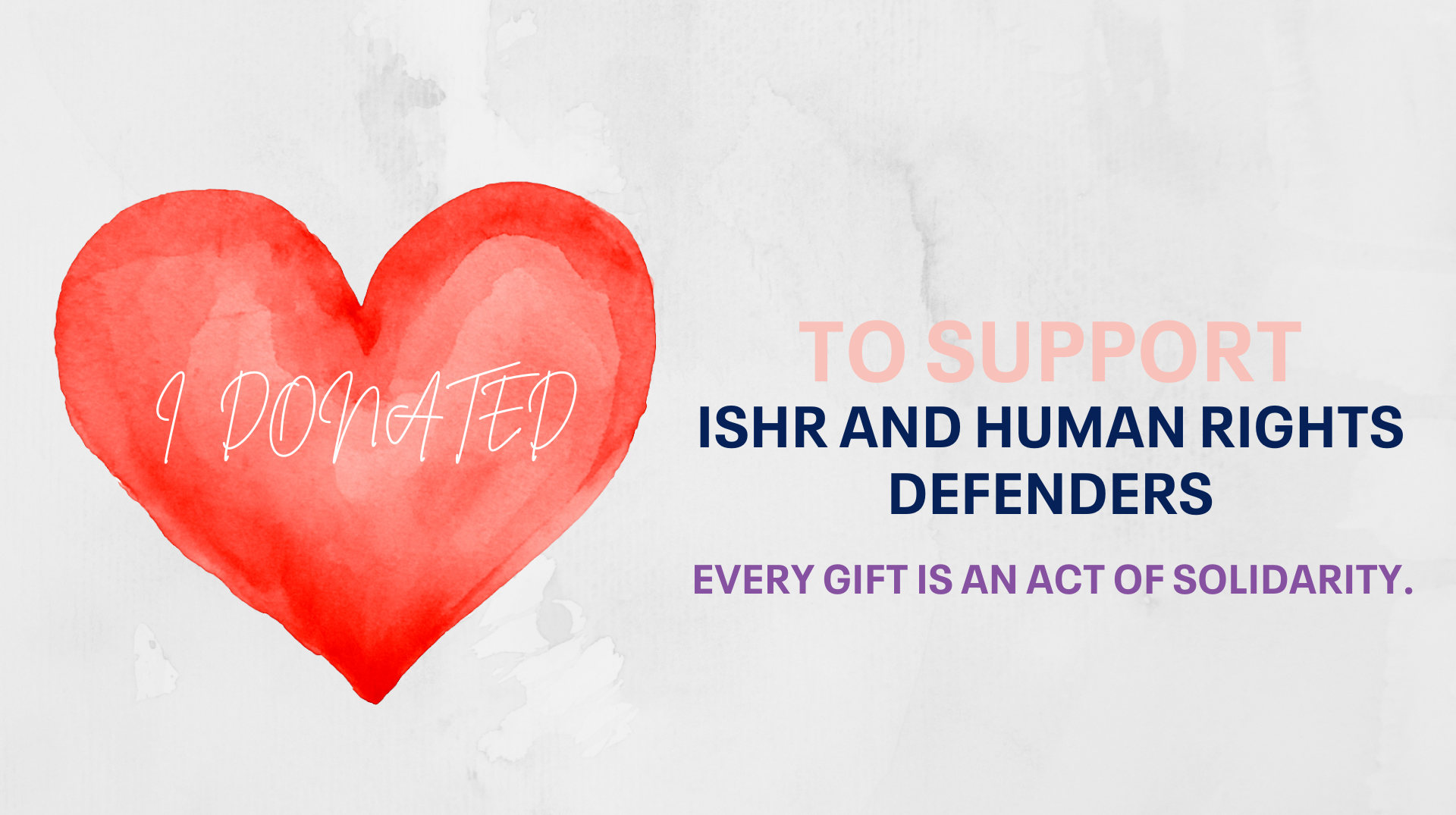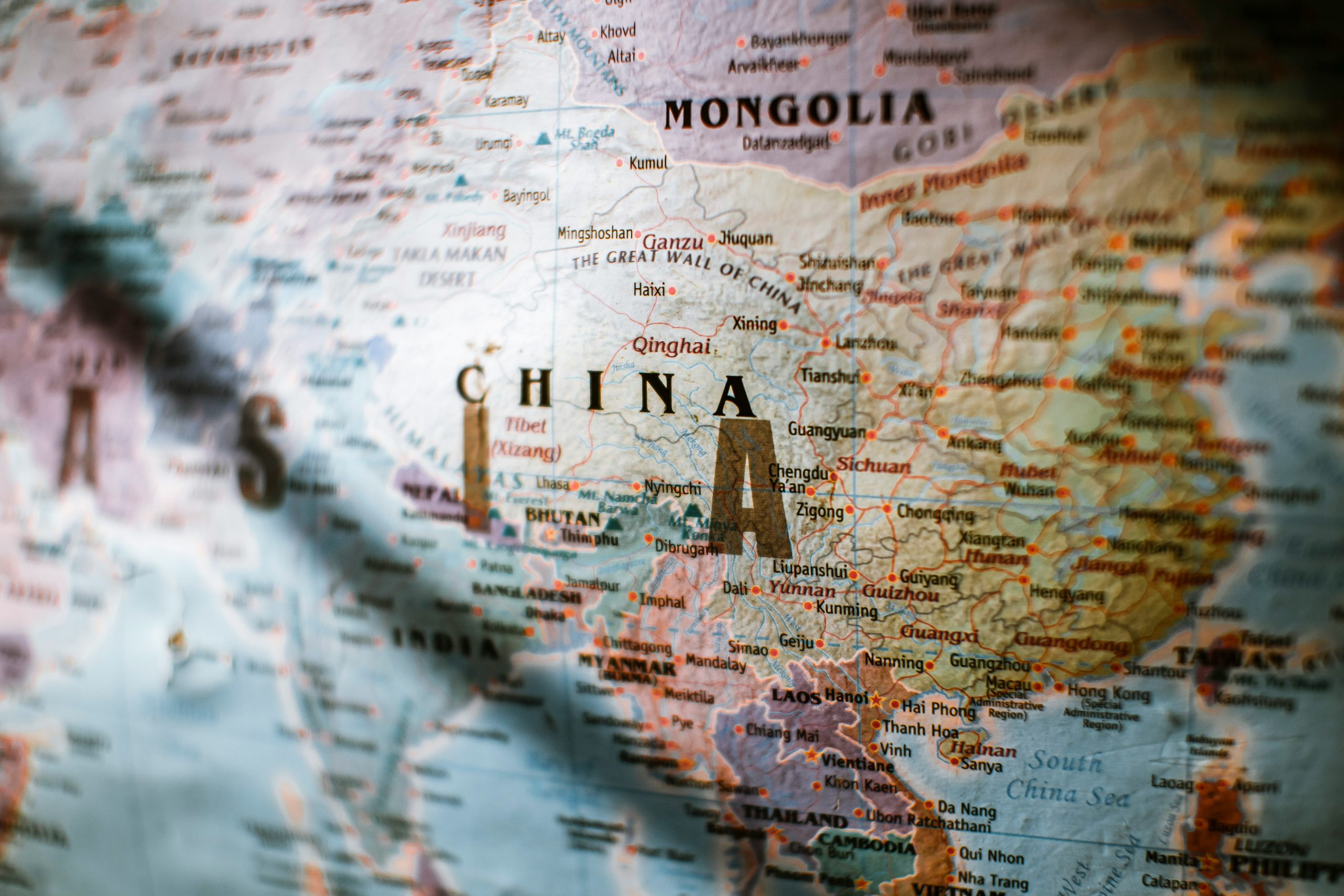
Joint civil society statement on outcomes of the UNGA 80 Third Committee
14 NGOs that closely follow and engage with the General Assembly Third Committee have published a joint statement on outcomes of this 80th session.

The High Commissioner for Human Rights highlighted several country situations of grave concern. His statement confirms the global scale of the crackdown on civil society and human rights defenders.
2017 is likely to be a pivotal year in the increasingly bloody global struggle for human rights, said the UN High Commissioner for Human Rights while presenting his annual report to the Human Rights Council. With human rights under attack from extremist groups as well as authoritarian and populist leaders worldwide, it is more important than ever that States recommit to international human rights and the rule of law and that the Council ‘reflect accurately the space beyond it, and change those conditions for the better,’ he said. He also emphasised situations where States have refused to cooperate with his Office by consistently denying them access.
During the interactive dialogue which followed the presentation of the report, a large number of States welcomed the High Commissioner’s update, stressed the relevance of his mandate and underlined the importance of fully cooperating with his Office.
The remarks of the High Commissioner were not free from criticism, especially from those that were named during his oral update. Bahrain expressed disappointment; Cambodia stated that the report contradicted reality; Hungary complained that it was inaccurate; and Poland considered it one-sided. China and Russia requested the Office to focus on providing technical assistance and Egypt asserted that the Office has not respected its mandate.
Civil society space and human rights defenders
The High Commissioner urged China to respect the role of human rights defenders. ‘I deplore the intimidation and detention of lawyers and activists who seek the good of their community and nation,’ he stressed. He also identified restrictions on civil society and political groups in Bahrain, including intimidation, arrests and interrogations, travel bans and NGO closure orders and called the country to allow the OHCHR and Special Procedures to conduct visits.
Continued restrictions in Venezuela on freedom of movement, association, expression and peaceful protest, together with vague and arbitrary laws in the Russian Federation may have a ‘chilling effect’ on the functioning of civil society, the High Commissioner said. Arrests, prosecutions, travel bans and severely punitive financial measures against civil society, defenders and journalists in Egypt were also highlighted.
Concerning Burundi, a member of the Human Rights Council which continues to flagrantly disregard membership standards, the High Commissioner expressed grave concern as to ‘increasing allegations of enforced disappearances, torture and mass arbitrary arrests’. ‘Democratic space has now been virtually extinguished in the country’, the High Commissioner said.
He also noted that across many parts of Central and Latin America, land and environmental defenders face acute danger, including murder and violent attacks.
Poland and Hungary were mentioned for increasingly undermining civil society and exerting government influence over the media.
Several States, including Germany, Honduras, Ireland, Paraguay Poland, Slovenia and Sweden, shared the concerns of the High Commissioner over the situation of human rights defenders and increasing restrictions on civil society. The Czech Republic stressed that those fighting for the rights of others must be protected. Slovenia highlighted that States must ensure that civil society can freely express its views and criticism and Norway emphasised that curbing the voice of defenders should never be a solution.
‘We welcome the High Commissioner’s report and consider of utmost importance that States closely cooperate with his Office and other UN experts to immediately address the human rights violations and challenges that have been exposed,’ ISHR’s Human Rights Council Advocacy Director Michael Ineichen said. ISHR also commends statements recognising the importance of protecting human rights defenders and supporting civil society.
Lack of cooperation with OHCHR
The High Commissioner underlined that his Office has faced difficulties in obtaining access to a number of States and regions, including Ethiopia, Syria, Turkey’s southeast region, Venezuela, and both sides of the Line of Control, in India-Administered Jammu and Kashmir, and Pakistan-Administered Kashmir.
He also stated that his office has been denied access to Myanmar and reiterated his standing request to open an Office in the country. He urged the Council to establish a Commission of Inquiry into the extreme violence against the Rohingya, a request that was considered premature and unnecessary by Myanmar. Likewise, he noted that the democratic space in Burundi has been virtually extinguished and expressed concern over the government suspending its cooperation with OHCHR.
Several States expressed support for the work of the High Commissioner and urged other member States to strengthen cooperation with his office. Canada expressed concern over government restrictions preventing OHCHR from entering certain areas. Georgia shared the concern over difficulties the office of the High Commissioner faces to obtain access to affected regions and called for unhindered access to be provided. Congo also encouraged member States to facilitate access to their territories.
‘States must cooperate with the High Commissioner and his Office and refrain from placing obstacles to independent human rights monitoring,’ Mr Ineichen said. OHCHR and all UN mandate holders should be granted unrestricted access to UN member States and should be able to conduct their work and uncover human rights violations without any obstacles.
Contact: Michael Ineichen, Human Rights Council Advocacy Director, ISHR on [email protected]
Photo: UN Photo/Jean-Marc Ferré
The High Commissioner stated his concern on human rights situation in Myanmar, the Philippines, Cambodia, China, Democratic People’s Republic of Korea, Iran, Turkey, Hungary, Poland, the European Union, the Russian Federation, South Sudan, Democratic Republic of Congo, Burundi, Mali, Palestine and the Occupied Palestinian Territory, Bahrain, Venezuela, Brazil and Haiti. He made reference to Indonesia, Jordan, Kuwait, Maldives, Pakistan, Papua New Guinea, and Saudi Arabia.

14 NGOs that closely follow and engage with the General Assembly Third Committee have published a joint statement on outcomes of this 80th session.

A big thanks to everyone who is getting behind our fundraising appeal and investing in a better world by supporting human rights defenders!

UN experts report at least 150 defenders, dissidents, members of marginalised groups, and family members targeted by violence, refoulement, legal harassment, and intimidation in cases linked to China and several Southeast Asian States.